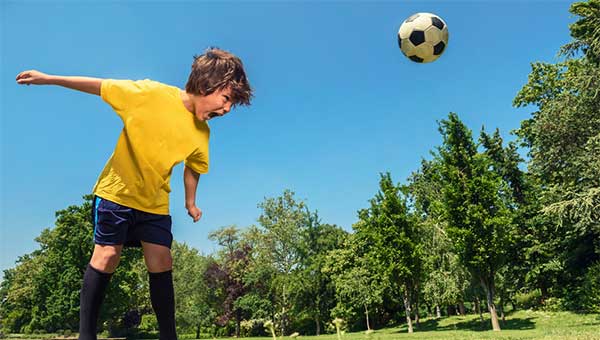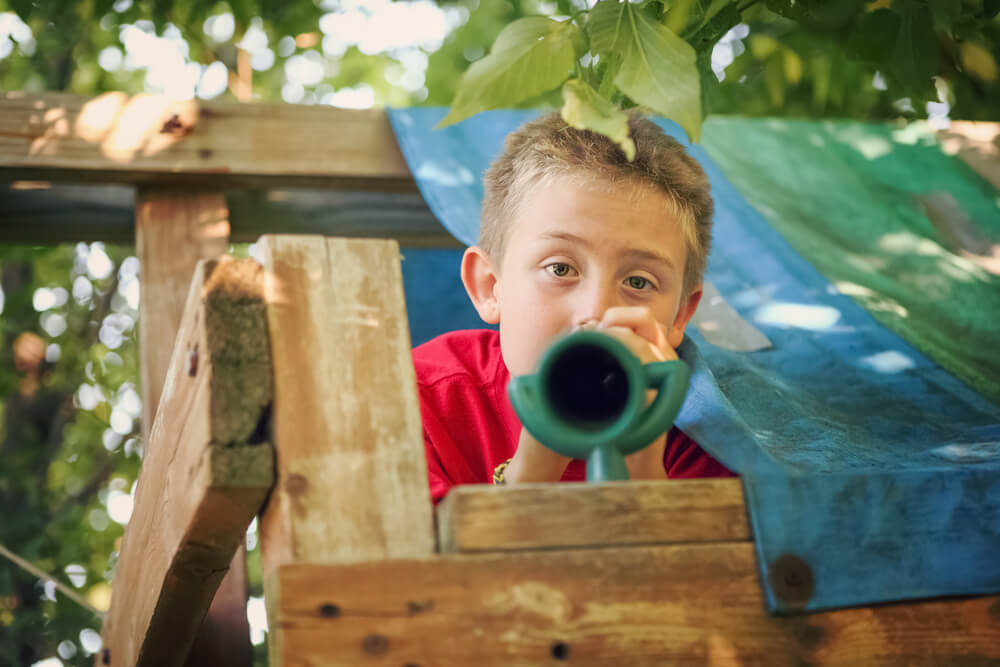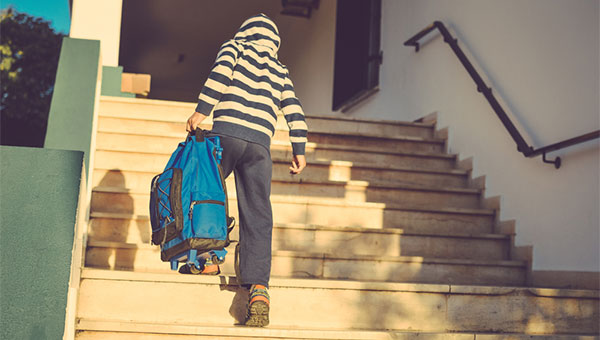These most commonly happen when playing a sport like soccer or football, but concussions aren’t just a concern for professional athletes. If your child gets hit in the head, it could cause a concussion, a type of injury to the brain. While a concussion usually doesn’t cause a loss of consciousness, your child might not remember how it happened. After a blow to the head, he or she could experience physical effects such as dizziness, a loss of balance and a headache.
Other symptoms might include:
- Hearing and vision problems
- Nausea or vomiting
- Confusion
- Trouble remembering or concentrating
- Delayed speech or reaction time
- Changes in personality, behavior or mood
The American Academy of Pediatrics says all concussions should be taken seriously. It recommends that any athlete who is suspected of having a concussion should not play again until seeing a doctor who can confirm the diagnosis, evaluate if any tests are needed and decide when he or she can rejoin the team. The organization also notes that you should tell the doctor if your child has had any prior concussions.
A key treatment for concussions is getting lots of rest – no mental or physical activities. You should carefully observe your child while he or she recovers, which usually happens within a few weeks. Consult your child’s doctor if you have any questions about treatment or concerns about the recovery process.
If you suspect your child has suffered a concussion, consider visiting one of our pediatric emergency rooms. Our pediatric emergency rooms offer expertise, support and experience when you and your child need it the most. Visit any one of our emergency rooms for immediate care. For additional follow-up, our sports medicine physicians are trained in concussion protocol and they will work with you and your child to determine when it is safe to participate in activities again and reduce the likelihood of long lasting issues.




